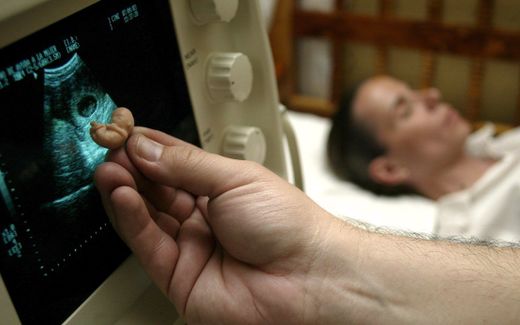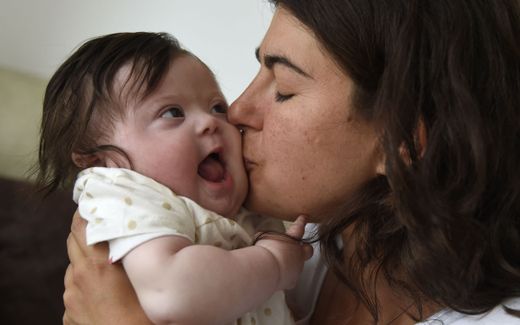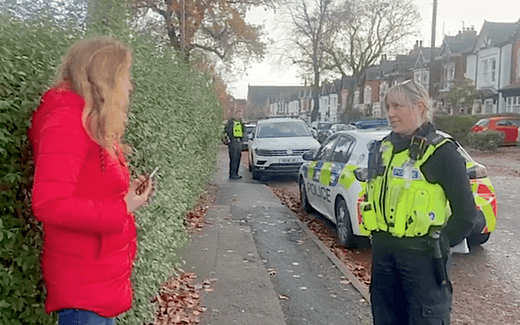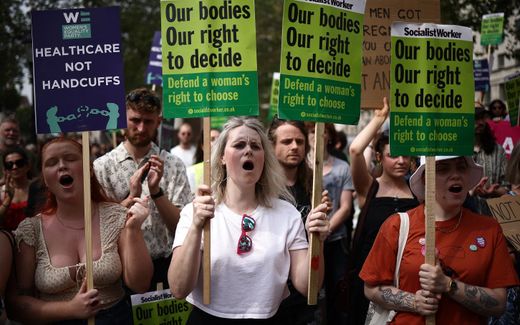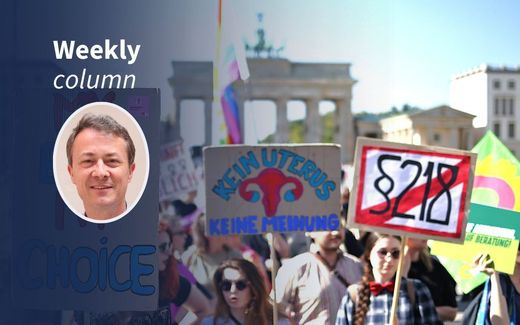Prenatal sex discrimination: Dutch midwives seeing more sex-selective abortions
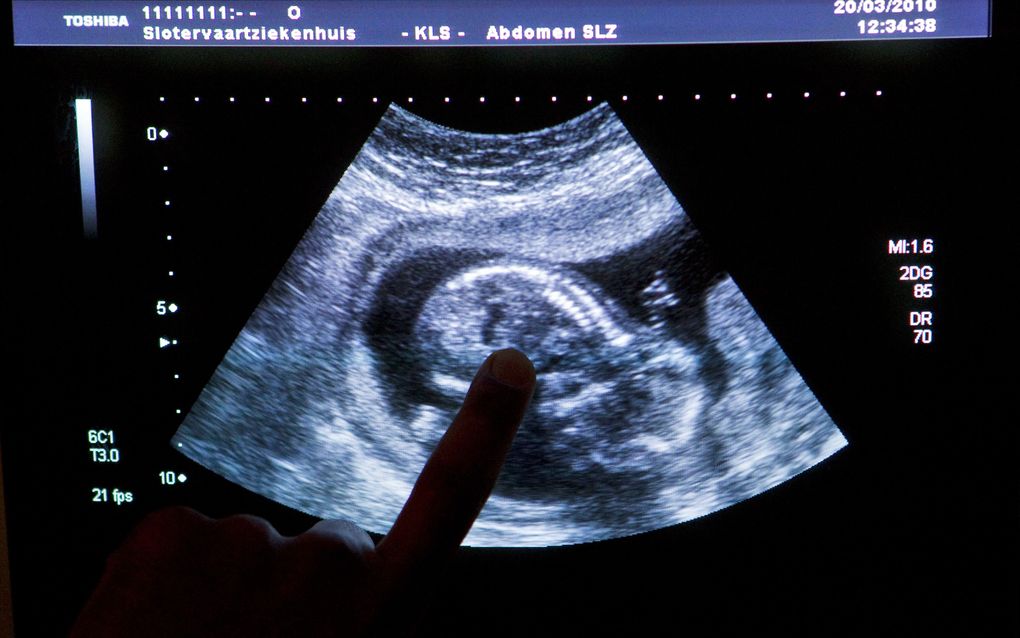
A foetal ultrasound at Slotervaart Hospital in Amsterdam, Netherlands. Photo ANP, Koen Suyk
Western Europe
When a pregnancy happens, many feel tempted to pop the old question: a boy or a girl? Early ultrasounds turn out to facilitate sex-selective terminations.
Stay up to date with Christian news in Europe? Sign up for CNE's newsletter.
Now, it is getting easier to know the gender early. This causes couples to opt for an abortion. According to some midwives from the Netherlands, the increase in sex-selective abortions can be attributed to commercial centres that offer “fun ultrasounds” and advanced screening techniques within ultrasound technology.
This is one of the first hard evidence of sex-selective abortion in the Netherlands. Until now, reports on this were limited to Britain, although it is banned there too. Yet among the large communities from India and Pakistan, many girls are said to be aborted there, just like in the countries of origin.
In a survey among at least fifty midwives across the country, at least fifteen say that the “sex of the child” was responsible for a termination.
Why have an abortion after the gender is revealed? Many of those abortions occur when the parents already have one or more kids with the same gender, the survey reveals in the Dit report. It can also happen among non-Dutch households or those with a “migration background.” Yet, quite a few who want a termination are also Dutch families.
“I happened to experience last year that the termination of the pregnancy because of sex really happened three or four times in six weeks," says midwife and sonographer, Daphne Mol to De Koningswens which was also published in Dit, a program from the Christian broadcaster, Evangelische Omroep.
Another midwife, Suze Klapper explains that she provides early ultrasounds “for fun” at her practice. Klapper says that couples would come in around 11-12 weeks to determine the gender of their baby. Yet, she had her suspicions and wondered why these couples were coming in early to find out. If the gender was not according to their wishes, she says, the woman would often schedule a curettage or an abortion. The midwife also noticed that many would-be parents would schedule an advance appointment with the abortion clinic if they found out in the ultrasound that it was not the gender they wanted.
Dit also reports that in the Netherlands, many couples traditionally found out the gender at the usual 20-week ultrasound. However, many private and commercial ultrasound agencies offer sex determination earlier in a pregnancy, often starting at 13 weeks.
The country also offers another medical ultrasound at 13 weeks, but the technicians are forbidden to reveal the child’s sex, according to current laws. The NIPT (non-invasive prenatal test) can also determine the child’s gender while screening for Down’s Syndrome. However, it is forbidden in the Netherlands to show the gender in this test. In Belgium, revealing the gender on the NIPT test is allowed.
In addition to the NIPT test and advanced ultrasounds, many private clinics offer blood tests that can reveal the gender as early as six weeks. In 2018, the UK’s parliament, particularly the Labour Party, attempted to crack down on the blood tests, as they encouraged sex-selective abortions.
There was also evidence that couples were going to private clinics to have the gender revealed on the NIPT test. What is more, according to The Guardian report, the Nuffield Council on Bioethics in England found several websites that sold the tests for as little as 170 GBP or 203 EUR.
The report issued by the Council also says that despite limited evidence, there was a “real possibility” the NIPT test for revealing gender may also be “encouraging sex selection.”
Indication
Midwife Klapper says to Dit that she has now discontinued offering scans before 14 weeks. Although abortions can be performed up to 24 weeks in the Netherlands, they are often more "invasive" after the 14-week period.
In light of the survey results from the midwives, what other actions are national authorities taking? Four Dutch political parties, SGP, CU, CDA, and BBB have all written to the government to get a full assessment of the frequency of sex-selective abortions.
It is currently unclear how many of these abortions actually occur in the Netherlands, according to the Christian daily Reformatorisch Dagblad. The reasons for having an abortion are often not recorded, and there’s the possibility that couples can provide a false reason to a doctor.
Last year in 2024, a member from the SGP party, Diederik van Dijk and Mirjam Bikker from the CU party have requested that the reasons for an abortion are revealed to the public. Although a few other political parties have supported it, it is still being debated.
Related Articles


